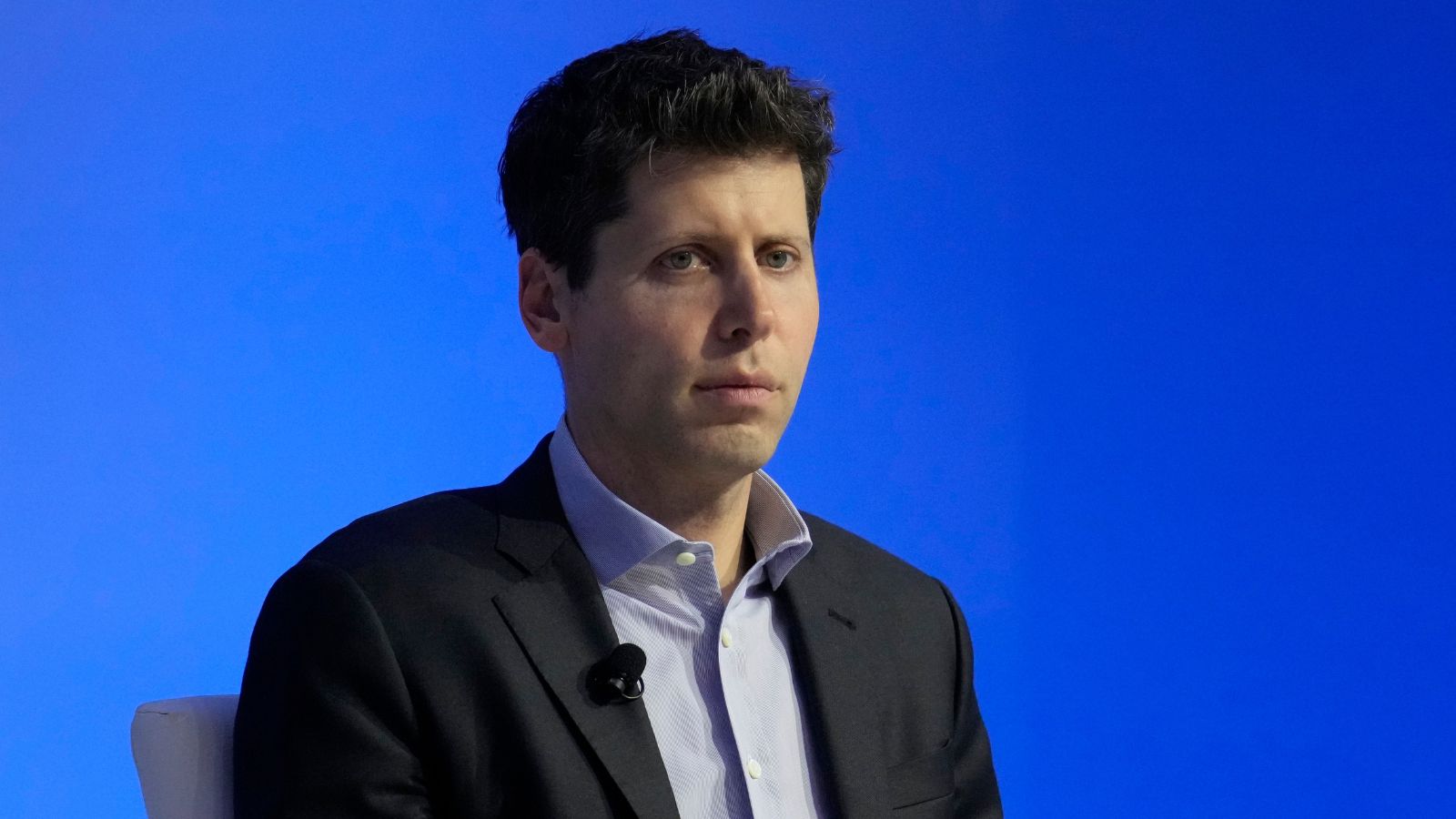OpenAI, the powerhouse behind ChatGPT, has come forward with compelling evidence suggesting that Chinese AI upstart DeepSeek has been using its proprietary technology to train a competing model. This isn't just about tech rivalry; it's a matter of intellectual property theft on a grand scale.
The Evidence of Distillation
OpenAI has accused DeepSeek of employing a technique known as "distillation" - essentially, taking the output from a larger, more sophisticated AI model to train a smaller one at a significantly reduced cost. While this might sound like clever innovation, it's a direct violation of OpenAI's terms of service. The tech giant has seen "some evidence" pointing fingers at DeepSeek for this breach, but they're keeping their cards close to their chest regarding specifics.
A National Security Red Flag
White House AI czar David Sacks has hinted at the possibility of intellectual property theft, stating on Fox News, "There's substantial evidence that what DeepSeek did here is they distilled knowledge out of OpenAI models." The implications here are huge - we're talking about a foreign entity potentially stealing American tech secrets to bolster their own capabilities. This isn't just business; it's a national security issue.
Market Turmoil
The news sent shockwaves through the market, with Nvidia's shares plummeting 17% on Monday, erasing nearly $600 billion in market value, as investors feared a decrease in demand for high-end AI hardware. This reaction underscores the broader implications for U.S. tech dominance if Chinese companies can achieve similar results with less investment.

DeepSeek's Shoestring Success
DeepSeek's R1 model has been making headlines, achieving impressive results on a budget that's a mere fraction of what its American counterparts spend. They claim to have trained their model with just 2,048 Nvidia H800 graphics cards for a cost of $5.6 million. However, the suspicion is that they might have used outputs from OpenAI's GPT-4, which would be a clear violation of terms.
The Double-Edged Sword of AI Development
While OpenAI is on the offensive, it's not without its own controversies. The company faces lawsuits for allegedly using copyrighted material from newspapers and authors without permission to train its models. This hypocrisy doesn't detract from the core issue; however, it does highlight the Wild West nature of AI development where everyone seems to be borrowing from everyone else.
A Call to Action
This incident underscores the need for stronger protections for U.S. technology. OpenAI has admitted that companies, especially from China, are constantly trying to reverse-engineer their models. It's time for the U.S. government to step up, protect American innovation, and ensure that our lead in AI isn't undermined by foreign entities playing fast and loose with intellectual property.
Stay with CGN Network as we continue to cover this unfolding saga, where innovation, national security, and international competition collide. It's a reminder that in the tech world, what goes around comes around - and America needs to be vigilant.
